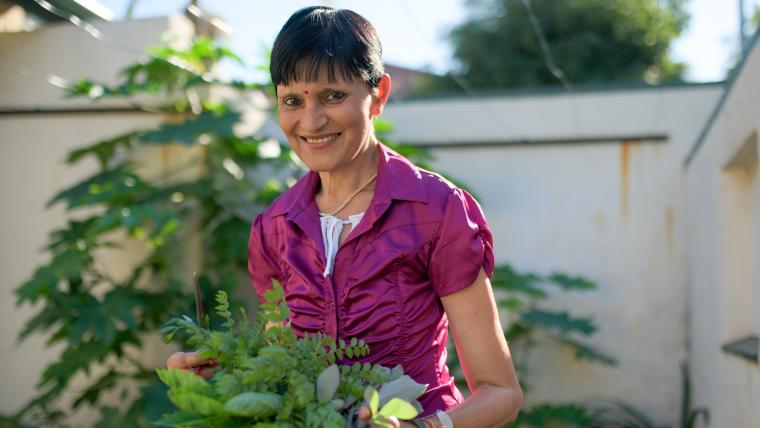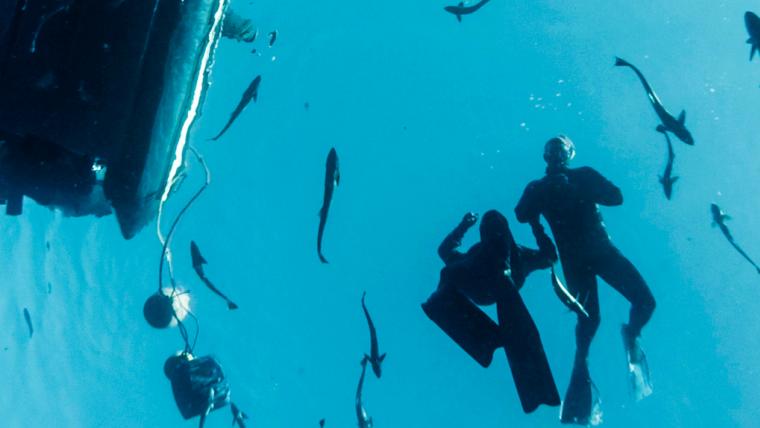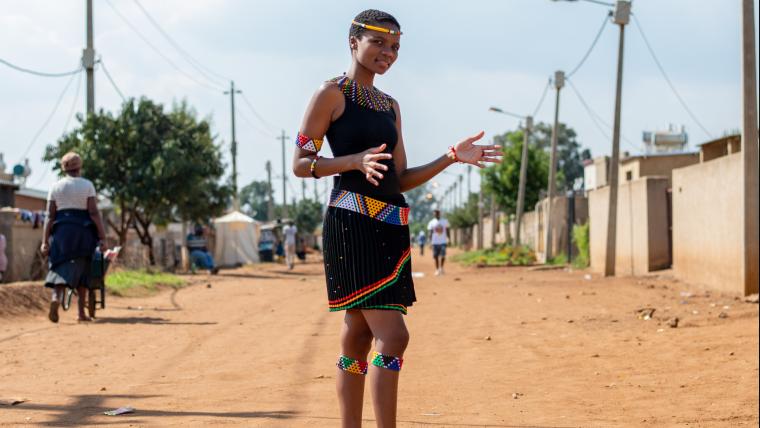
Swimming upstream to clean Limpopo’s rivers
Litter floats in a stagnant mix of dirt and chemicals. The rivers of Ha-Makhuvha Village, once untouchable, were taken for a dumping ground, contaminating the water source that so many in Limpopo rely on. Pfarelo Ramugondo couldn’t stand the state of the streams any longer, so she waded straight in and initiated a ground-up project that restored the water quality and the health of her community – while catching the attention of the president.
The Tshikofokofo Adopt a River Project began in 2010 with a team of 100 people. Most were students from nearby FET colleges who shared Ramugondo’s interest in cleaning up their rivers. It was time consuming work that relied on volunteers. With such a huge task ahead and no funding to support it, many helpers dropped out. But Ramugondo persevered for the health of those she loved. And local leaders took notice. The Department of Water and Sanitation offered training in waste management and firefighting, while the Vhembe Municipality assisted with the collection of rubbish bags. The project’s success was recognised with the Order of the Baobab bronze award, a national honour given to Ramugondo by the president.
This small step towards a cleaner society has had a big impact, both in Ramugondo’s village and those surrounding it. Others have followed her lead. While many communities wait in vain for effective service delivery, Ramugondo decided to do it herself. She’s also providing environmental education to those closest to, and most in need of, the water source to ensure the rivers stay clean. Sometimes it takes an ordinary person to make the first move. By serving her environment and her people, Ramugondo has become an unlikely conservation hero. Much like the baobab, she’s a symbol of endurance and growth in the midst of adversity.






























Please sign in to leave a comment